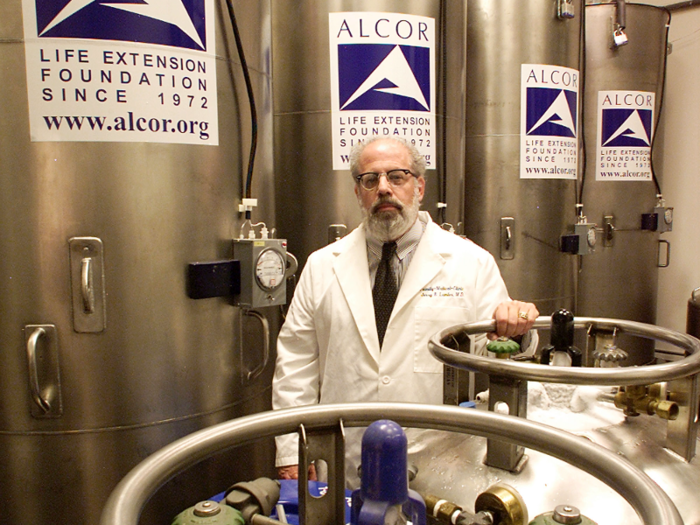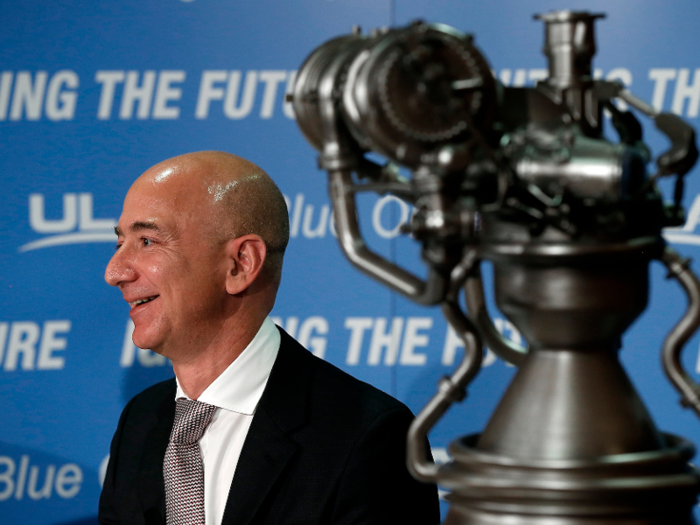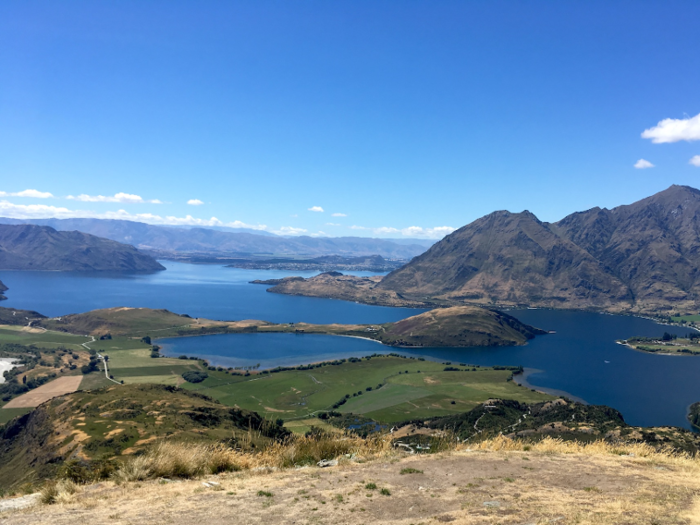- Home
- slideshows
- miscellaneous
- Millionaires are dropping tens of thousands on 'young blood' transfusions and cryonic preservation. Here are 5 ways the wealthy are investing in trying to live forever
Millionaires are dropping tens of thousands on 'young blood' transfusions and cryonic preservation. Here are 5 ways the wealthy are investing in trying to live forever
1. The ultra-wealthy are paying thousands for "young blood" transfusions meant to slow down the aging process.

2. They're spending up to $200,000 to have their brains and bodies preserved after they die.

Thiel and other billionaires have also invested in cryonic preservation, or the freezing of a human body, in hopes that future scientific advancements may allow for the body to be resuscitated.
Companies that offer this service include Alcor Life Extension Foundation, Cryonics Institute, Suspended Animation Inc., and KrioRus.
Alcor charges a minimum of $80,000 for preservation of the brain and $200,000 for whole-body cryonic preservation.
Thiel has said he's a member of Alcor, according to The New York Times. "Cryonics only seems disturbing because it challenges our complacency about death," he said.
According to Forbes, Canadian electronics billionaire Robert Miller is also a supporter of Alcor.
At least one company even offers cryonic preservation as a perk. In its job listings, San Francisco-based hedge fund Numerai includes whole-body cryogenic preservation as a benefit.
3. They're paying thousands for the possibility of uploading their brains to "digital consciousness."

In a similar vein of cryonics is the idea of preserving your brain for a possible digital consciousness in the future.
A company called Nectome charges $10,000 to preserve your brain after death using a high-tech embalming process in the hopes that future scientists will be able to "scan your bricked brain and turn it into a computer simulation," according to the MIT Technology Review.
Nectome was awarded more than $915,000 in research funding from the US National Institutes of Mental Health.
Sam Altman, who announced in March that he'd be stepping down as president of Silicon Valley tech incubator Y Combinator, has said he signed up with Nectome.
"I assume my brain will be uploaded to the cloud," Altman told MIT Technology Review.
4. Tech billionaires are investing in colonizing space in preparation for a future where Earth may no longer be inhabitable.

Tech billionaires have been at the forefront of investing in colonizing space in a potential future when Earth is no longer inhabitable.
Jeff Bezos said in 2018 that he liquidates $1 billion of Amazon stock each year to fund his aerospace company, Blue Origin. Bezos has said he wants Blue Origin to enable space colonies where "a Mark Zuckerberg of space" and "1,000 Mozarts and 1,000 Einsteins" can flourish.
Russian aerospace engineer and billionaire Igor Ashurbeyli wants to create the first kingdom and nation-state in space, called "Asgardia," Business Insider's Dave Mosher previously reported. In December 2017, the company announced it had launched its first satellite into orbit.
"Asgardia will be a space nation that is a trans-ethnic, trans-national, trans-religious, ethical, peaceful entity trying to settle the humanity in space," Ram Jakhu, the director of McGill University's Institute of Air and Space Law and one of Asgardia's founding members, said during a June 2017 press briefing.
But legal experts aren't convinced.
"Legally speaking this is much ado about nothing," Frans von der Dunk, a professor of space law at Nebraska College of Law, told Business Insider in an email. "The concept of territory has been pretty well defined in international law, and it does not include 'artificial' territory such as satellites anymore than it does include ships, aircraft or oil platforms."
5. They're investing millions in properties with panic rooms and underground bunkers as "apocalypse insurance."

According to ABC Finance, apocalypse insurance is "the practice of stockpiling essentials and property to prepare for a global catastrophe."
When it comes to property, Silicon Valley moguls are leading the charge, and many seem to have chosen New Zealand as the ideal doomsday destination.
Buying a house in New Zealand has become a sort of code for getting "apocalypse insurance," Reid Hoffman, co-founder of LinkedIn, told The New Yorker in 2017.
"Saying you're 'buying a house in New Zealand' is kind of a wink, wink, say no more," Hoffman said.
Thiel, again, who is a citizen of New Zealand, reportedly bought a $4.8 million property in Queenstown in 2011 and built a panic room into it. And in 2015, he bought a 193-hectare block in Wanaka for $13.5 million.
But foreign billionaires can no longer buy up property there so easily. In 2018, New Zealand passed a law banning foreigners from buying existing homes in an attempt to curb inflated housing prices.
Popular Right Now
Popular Keywords
Advertisement